France
With power changing hands, it is normal for there to be some anxiety as to what the new regime might hold.
The 2017 French presidential elections which was held on 23 April was quite controversial as no candidate won a majority in the first round between the top two candidates, Emmanuel Macron of En Marche! and Marine Le Pen of the National Front (FN). A rematch however occurred on 7 May, 2017 and Macron won by a decisive margin.
While the incumbent president, Francois Hollande, of the Socialist Party (PS) was eligible to run for a second term, he had earlier declared on 1st December 2016 that he would not be running for a second term in light of low approval ratings.
With this overhaul of the French government, Francophone countries in Africa are bound to be affected in some ways either economically or through the policies that are certain to change with the new face of government.
Francophone countries are generally referred to as Francafrique – a bloc which includes all French-speaking African countries like Togo, Republic of the Congo, Democratic Republic of the Congo, Rwanda, Senegal, Ivory Coast, Cameroon, Burundi, Chad, Comoros, Gabon, Burkina Faso, Madagascar, Benin, Tunisia, Morocco, Guinea, Niger, Djibouti, Mali, Central African Republic, Mauritania, Algeria, and also Equatorial Guinea, where the French gained influence after independence.
Though direct rule ended in the early 1960’s, French influence over its former colonies continued through political, security, economic and cultural connections. However, while these relations have reduced, they are still quite existent.
As France’s global influence wanes, Francafrique has been its best opportunity to maintain a strong influence and relative hegemony; a reasonable assumption given that French involvement has directly contributed to socio-political conditions in these former colonies.
However, even though France no longer exercises the status and power it once enjoyed, a neo-colonial relationship has developed overtime, motivated by three strategic concerns.
These include economic concerns like providing and securing access to raw materials (oil, uranium) and offering preferential investment outlets for French multinational companies.
Diplomatic concerns like maintaining the declining status of France as a global powerhouse with a network of ally countries supporting the French vote in international institutions and political concerns which entail deterring the communist expansion in Africa by backing anti-communist regimes as well as increasing the presence of French military bases on the continent.
France further maintains its cultural legacy with a significant portion of development funding going towards education, scholarships and cultural institutes while promotion of the French language is not a major priority.
With a new government in place, all of this might likely change, especially if the government’s interest varies from that of its predecessors.



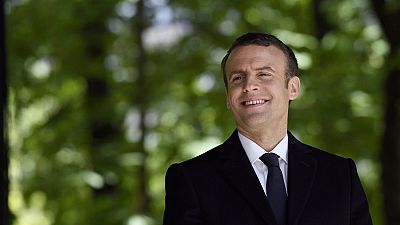

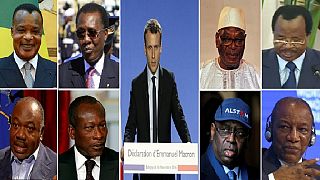

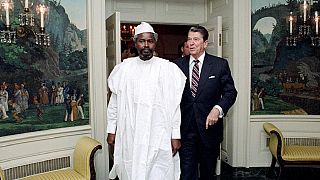
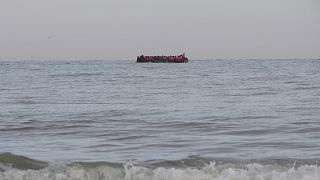
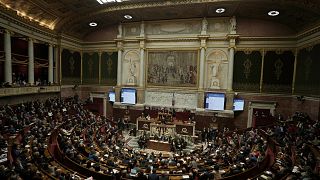
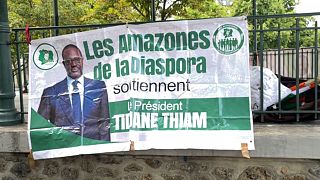


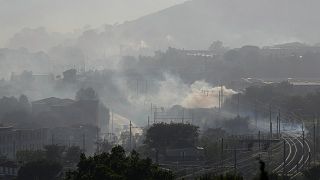
01:00
Pix of the Day: July 8, 2025
01:01
Chad’s former Prime Minister appeals to Macron after two months in detention
00:42
Iran's Supreme Leader makes first public appearance since the start of Israel-Iran war
01:06
Brazil launches major security operation ahead of BRICS Summit
01:01
French Foreign Minister denounces spy charges against couple imprisoned in Iran
01:12
US President Trump announces surprise summit with five African Nations